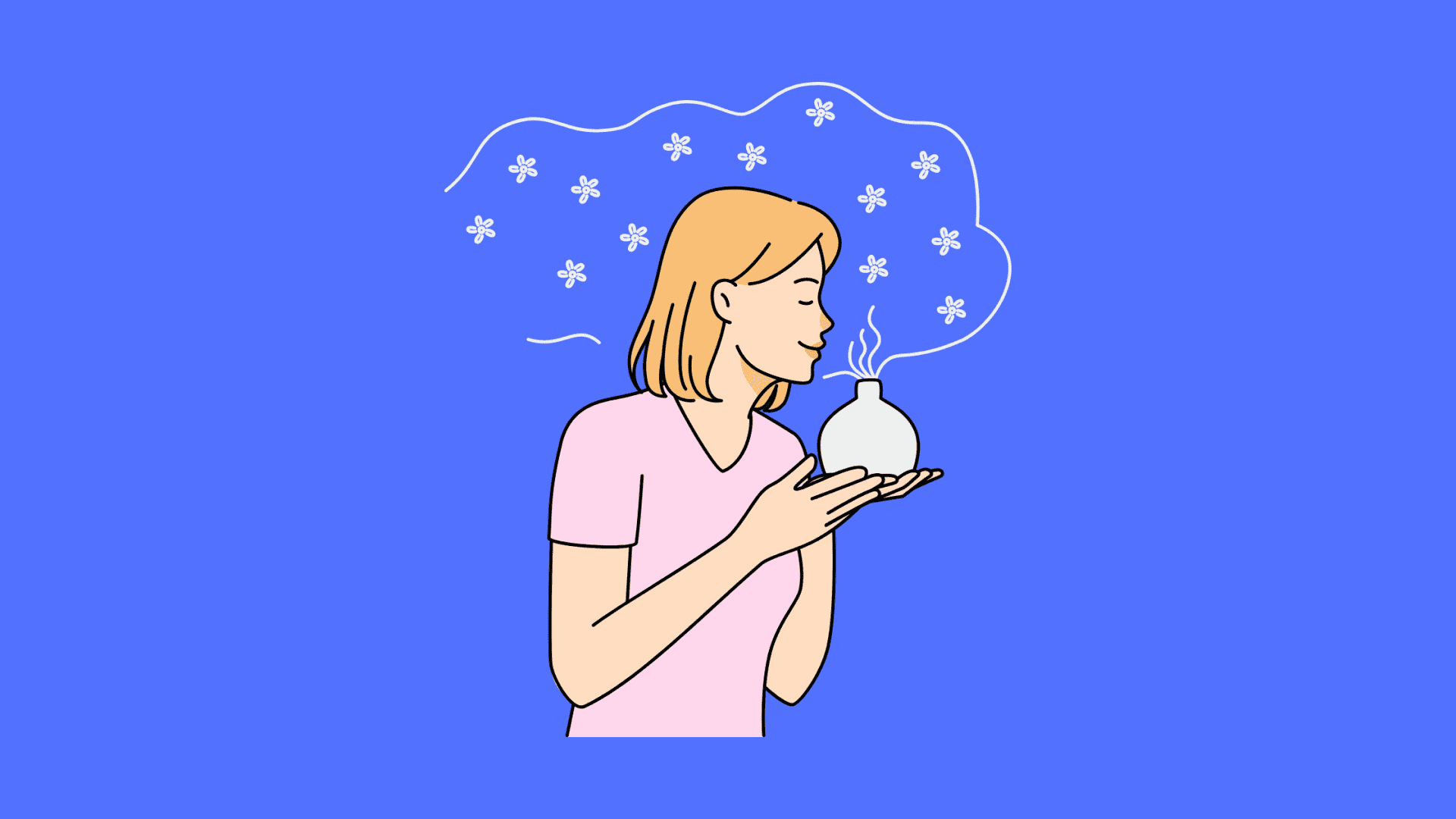Welcome to a captivating realm where the benefits and medicinal uses of aromatherapy blends seamlessly with the pursuit of holistic well-being. Aromatherapy, an ancient practice cherished by civilizations throughout history, offers a multitude of benefits and remarkable medicinal uses. Delving into the world of essential oils, we embark on a journey that unravels the profound therapeutic potential hidden within each delicate drop.

